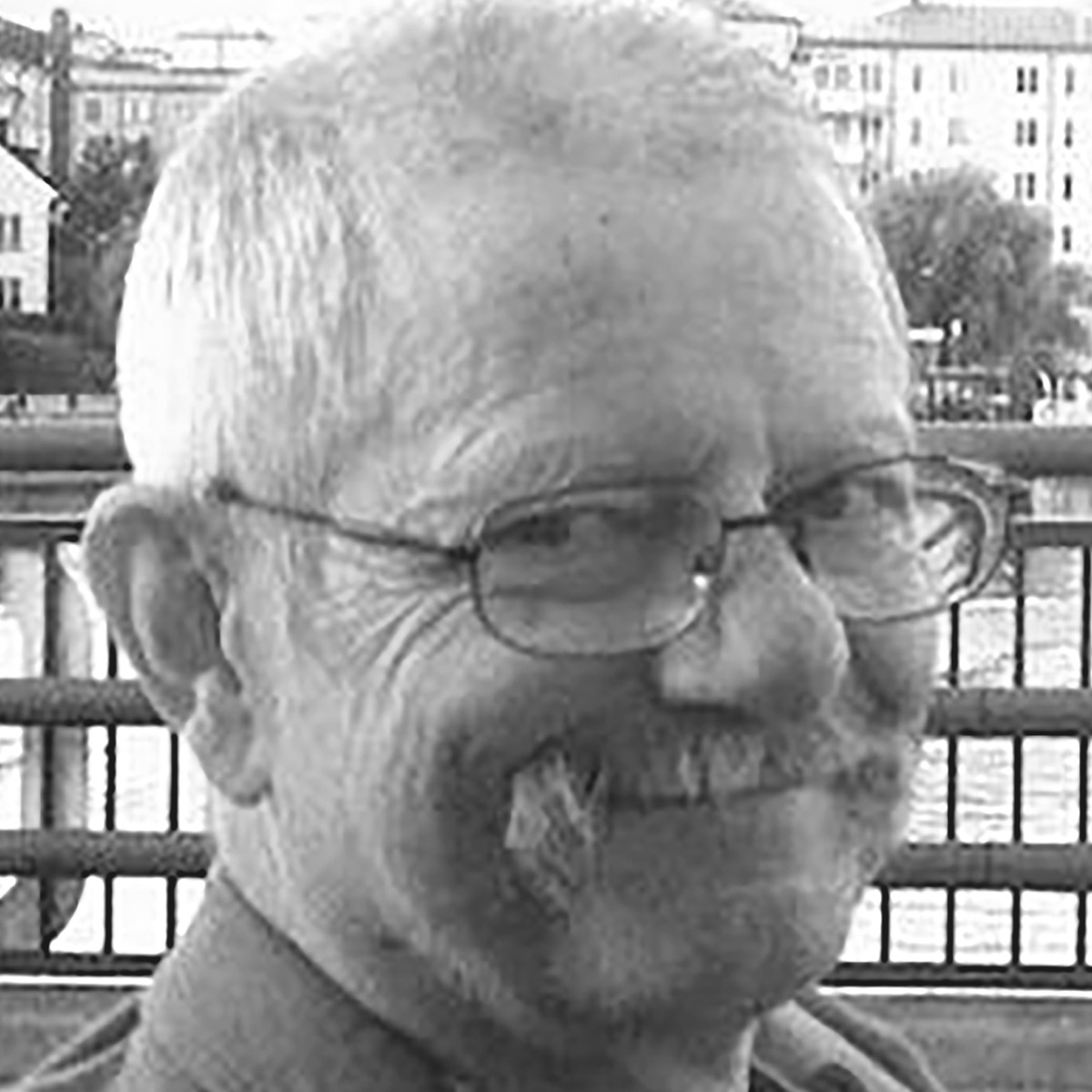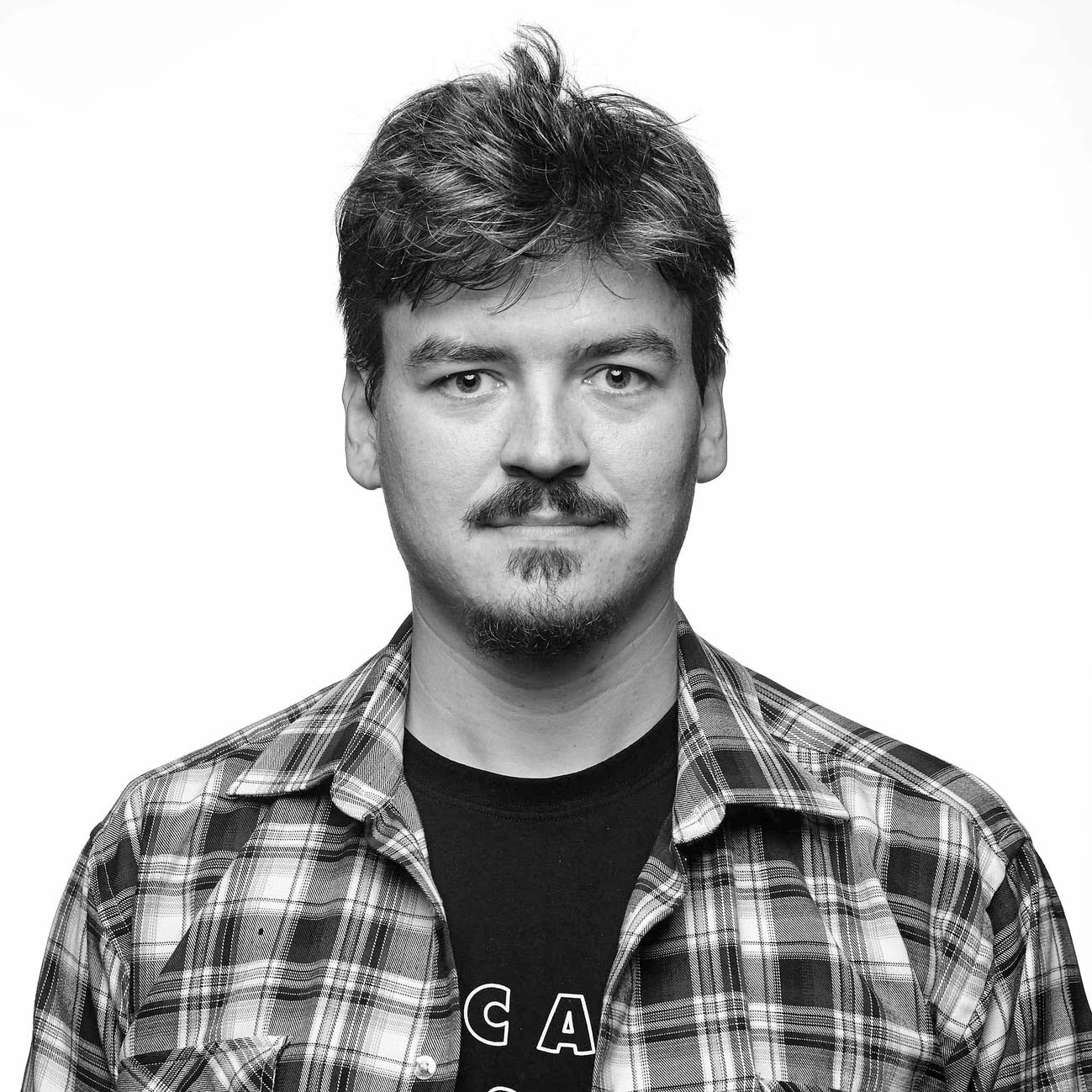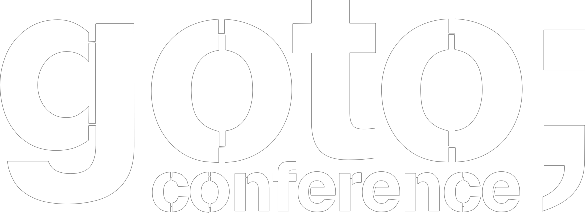
Where academia meets innovation
Code Mesh LDN, the Alternative Programming Conference, focuses on promoting useful non-mainstream technologies to the software industry. The underlying theme is "the right tool for the job", as opposed to automatically choosing the tool at hand.
KEY FACTS
- 2
days - 40+ speakers
- 4 tutorials
- 5 themes
A two-day conference, bringing together users and speakers of different functional programming languages and alternative tech.
In the spirit of learning from one another, it encourages the sharing of innovative ideas, through inspiring projects, top talks, in-depth tutorials and networking opportunities.
By bringing together users and inventors of different languages and technologies (new and old), speakers will get the opportunity to inspire, to share experience, and to increase insight.
Through presentations and case studies, we aim to raise awareness and extend the knowledge of all participants, mainstream and non-mainstream users alike.
Code Mesh LDN blends the best of Academic intellect with real-world computing problems...
It has been years I’ve been to a conference that has given me SO MANY ideas to explore. Thanks for all the fish #codemesh!
THEMES
Concurrency, Multicore & Parallelism
Language
Distributed Systems
The History and the Philosophy of Computer Science
Infrastructure
Our speakers

Kathleen Fisher
Founder of HACMS program, Professor and Chair of Computer Science Department
Keynote:
From quadcopters to helicopters: formal verification for safer vehicles
09 Nov / 09.10 / Room 2
Carl Hewitt
Founder Actor Model and Inference Robustness. Designer of first logic programming language. Emeritus professor
Keynote:
Ultraconcurrency is the future of programming
08 Nov / 09.15 / Room 1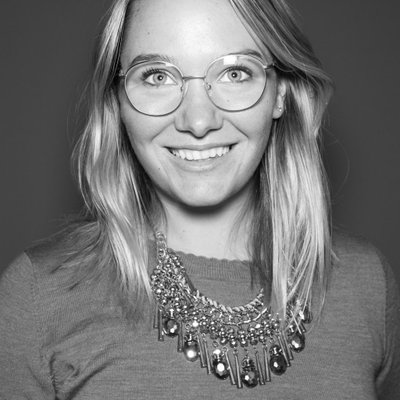
Federica Pelzel
Public sector technologist, Director of Data and Analytics Platforms at Mastercard
Keynote:
Ethics and AI: Identifying and preventing bias in predictive models
09 Nov / 17.05 / Room 1
Miles Sabin
Type astronaut, Typelevel co-founder and Shapeless hacker
Adding kind-polymorphism to the Scala programming language
08 Nov / 10.35 / Room 2

Kate Carruthers
Chief Data & Analytics Officer and Senior Lecturer in Computer Science & Engineering
Infosec, AI and ethics – new models for a secure future
09 Nov / 15.25 / Room 2
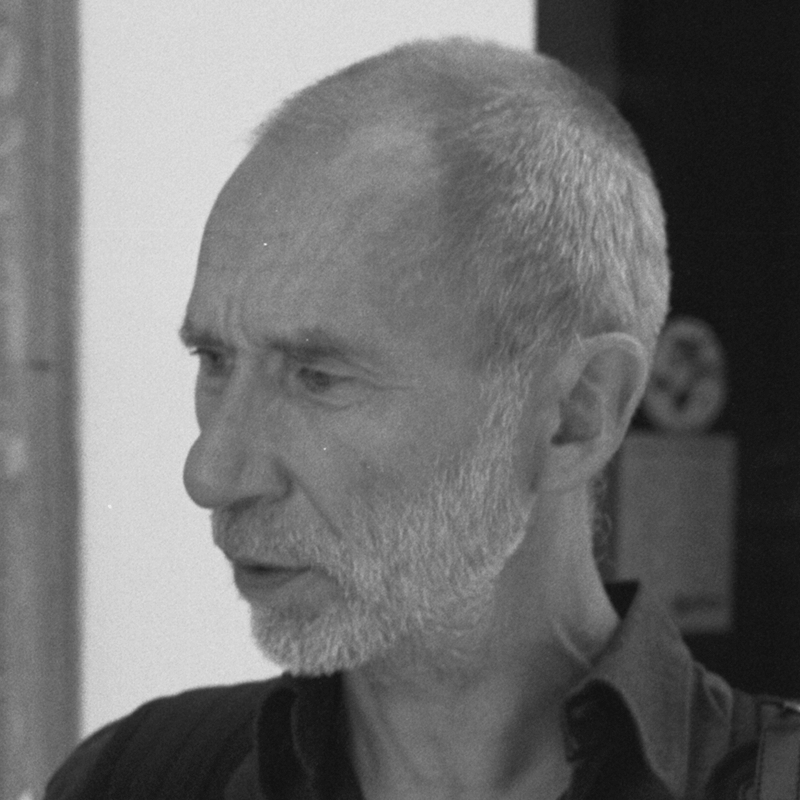
Frieder Nake
Pioneer of algorithmic art, first exhibition in 1965
Do calculating machines like drawing? And if so, why? Considerations from media archaeology
09 Nov / 11.20 / Room 1
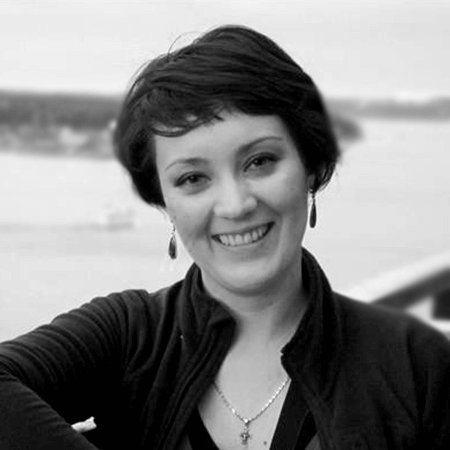
Natalia Chechina
One of the core authors of SD Erlang, lecturer in computing (Bournemouth University)
Co-operative robots sharing the load
08 Nov / 14.30 / Room 1
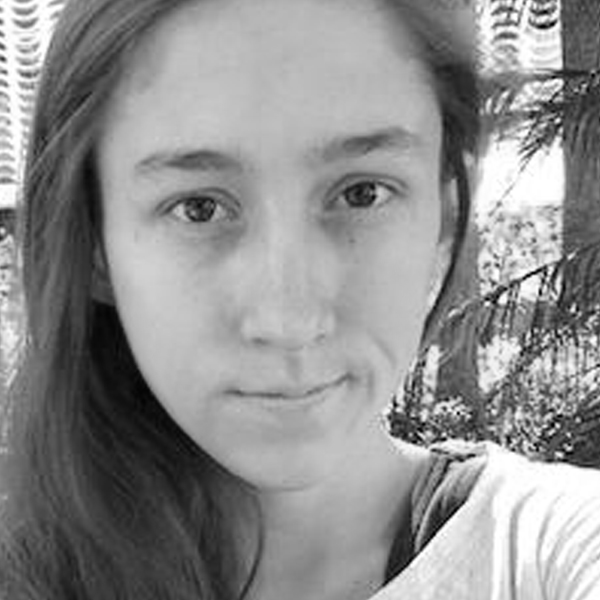
Heather Miller
Assistant Professor, School of Computer Science at Carnegie Mellon University
Towards language support for distributed systems
08 Nov / 16.25 / Room 1

Garrett Smith
Founder Guild AI, deep learning engineer and teacher
Introduction to AI engineering
08 Nov / 13.40 / Room 3
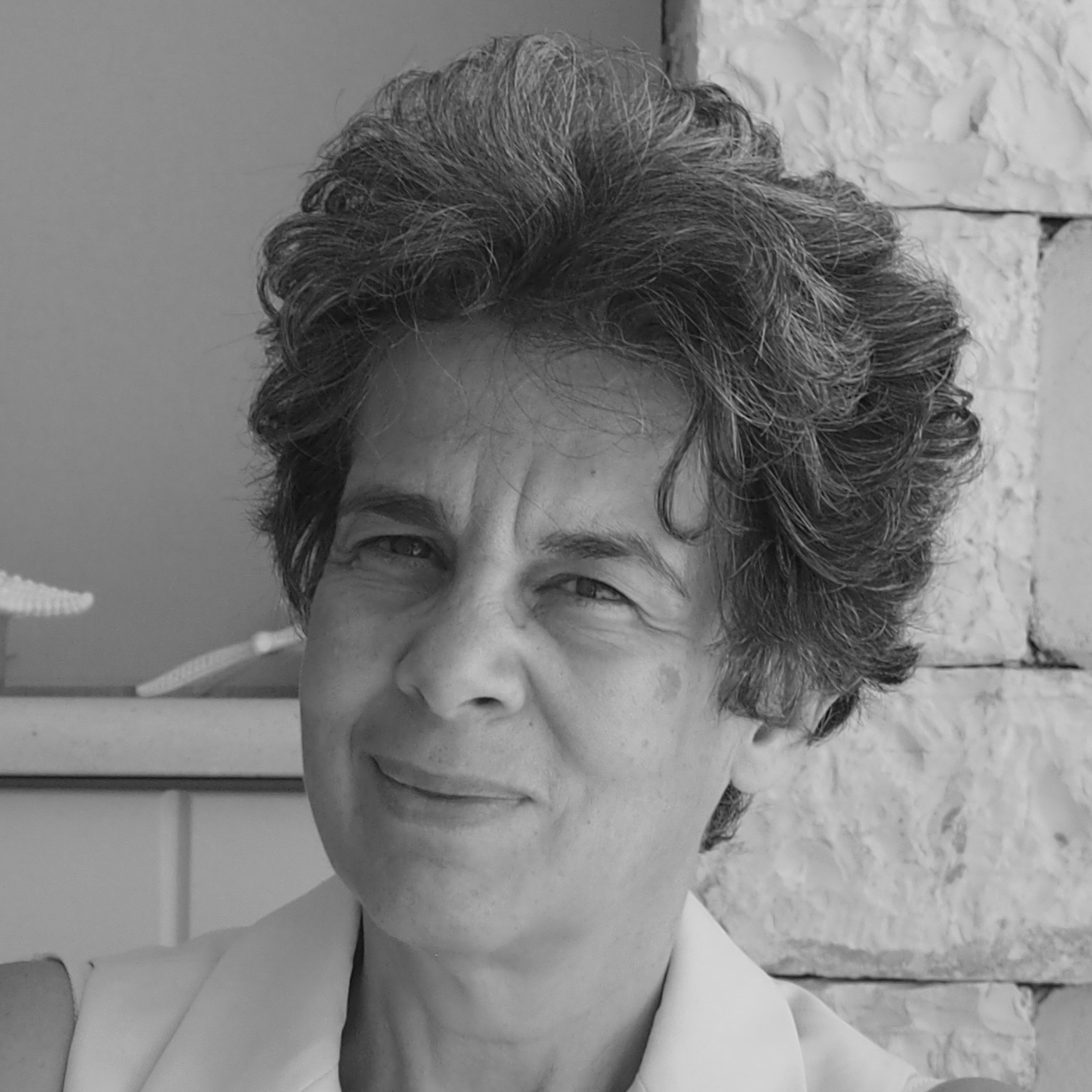
Sophia Drossopoulou
Professor, Imperial College London
Towards specifications of robustness -- the things that programs do _not_ do
08 Nov / 15.35 / Room 2
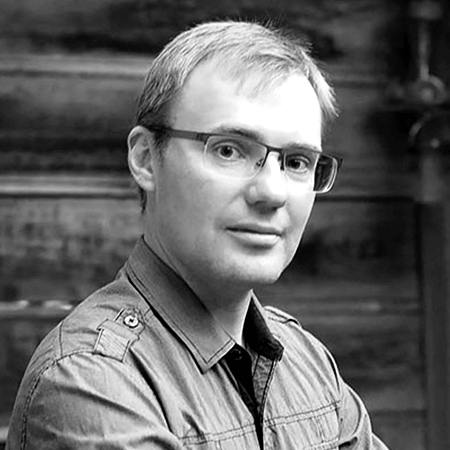
Maxim Fedorov
Performance & scalability engineer
Scaling Erlang cluster to 10,000 nodes
09 Nov / 15.25 / Room 3
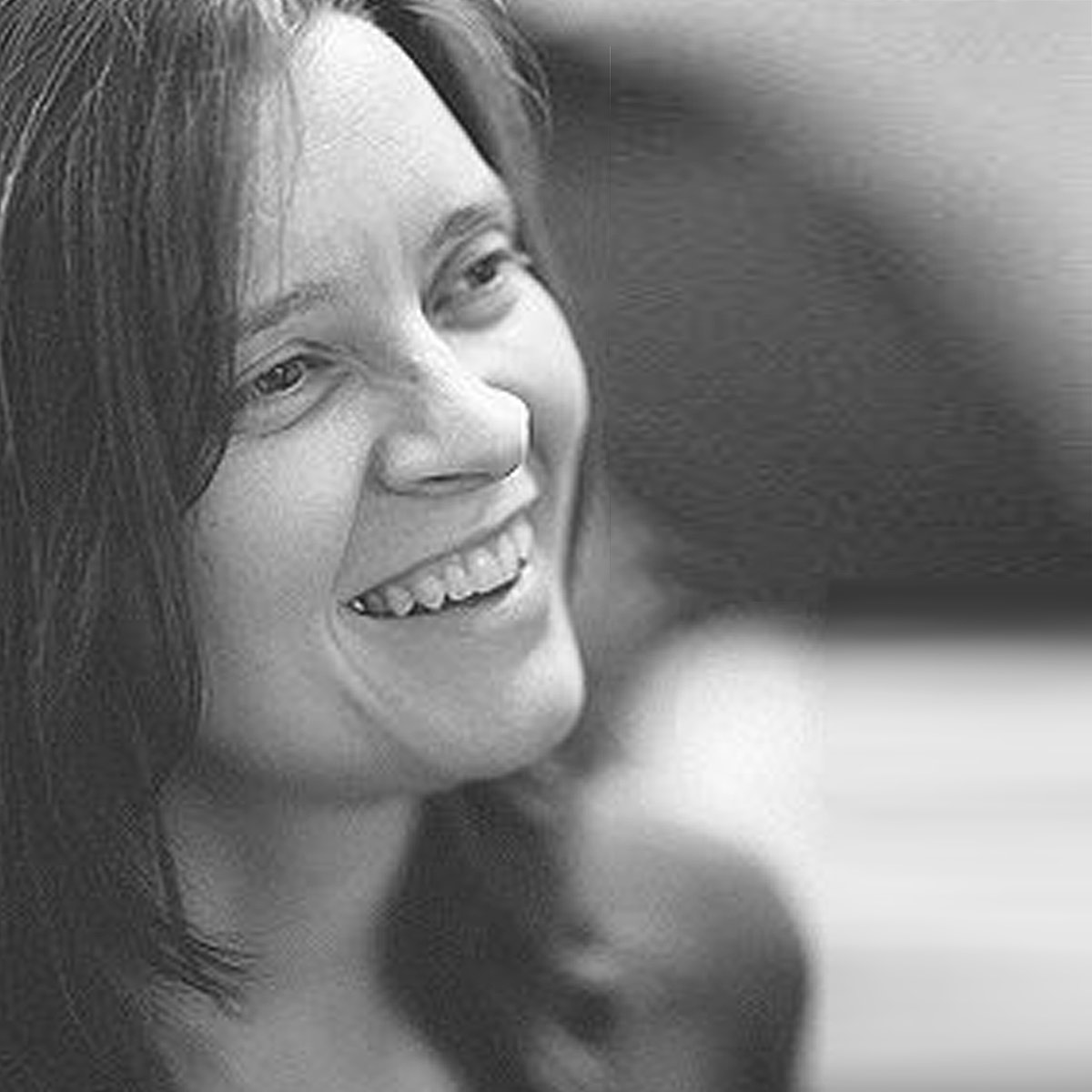
Allison Randal
PhD at the University of Cambridge and Board member at Open Source Initiative.
Secure isolation in Rust: hypervisors, containers, and the future of composable infrastructure
08 Nov / 10.35 / Room 1
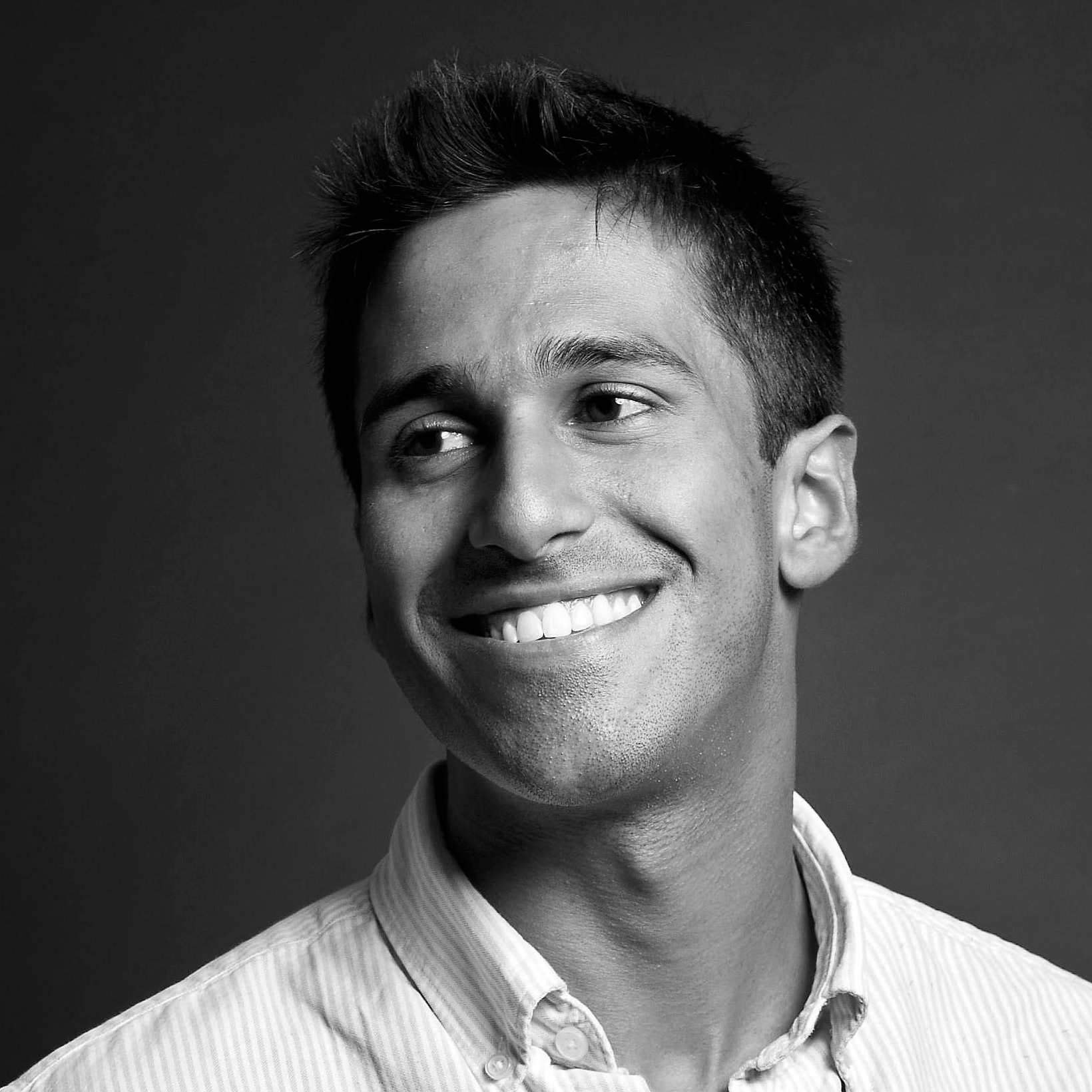
Jimmy Soni
Award-winning Author
The life, times, and thinking of Dr. Claude Shannon, the founder of information theory
09 Nov / 10.30 / Room 1
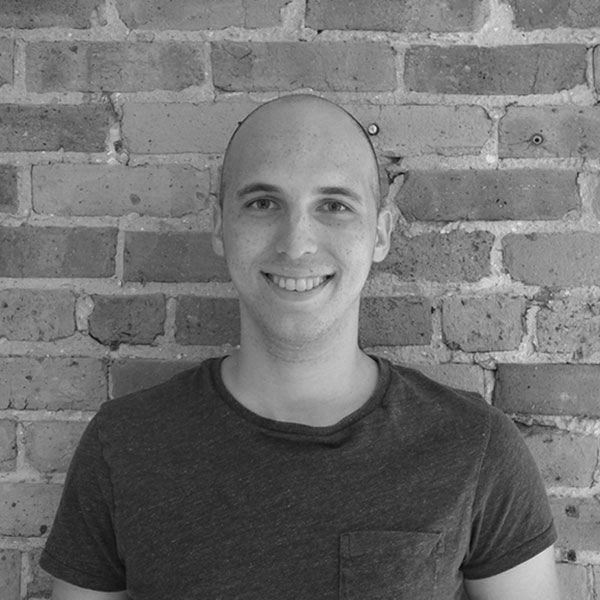
Hillel Wayne
Coder, chocolatier, cjuggler
Designing distributed systems with TLA+
09 Nov / 14.20 / Room 1

Jeremy Ruston
Creator of TiddlyWiki
Intertwingling the Tiddlywiki with Erlang
09 Nov / 13.30 / Room 1

Veronica Lopez
Member of the Kubernetes Core Team
Verifying a distributed system with combinatorial topology
08 Nov / 11.25 / Room 3
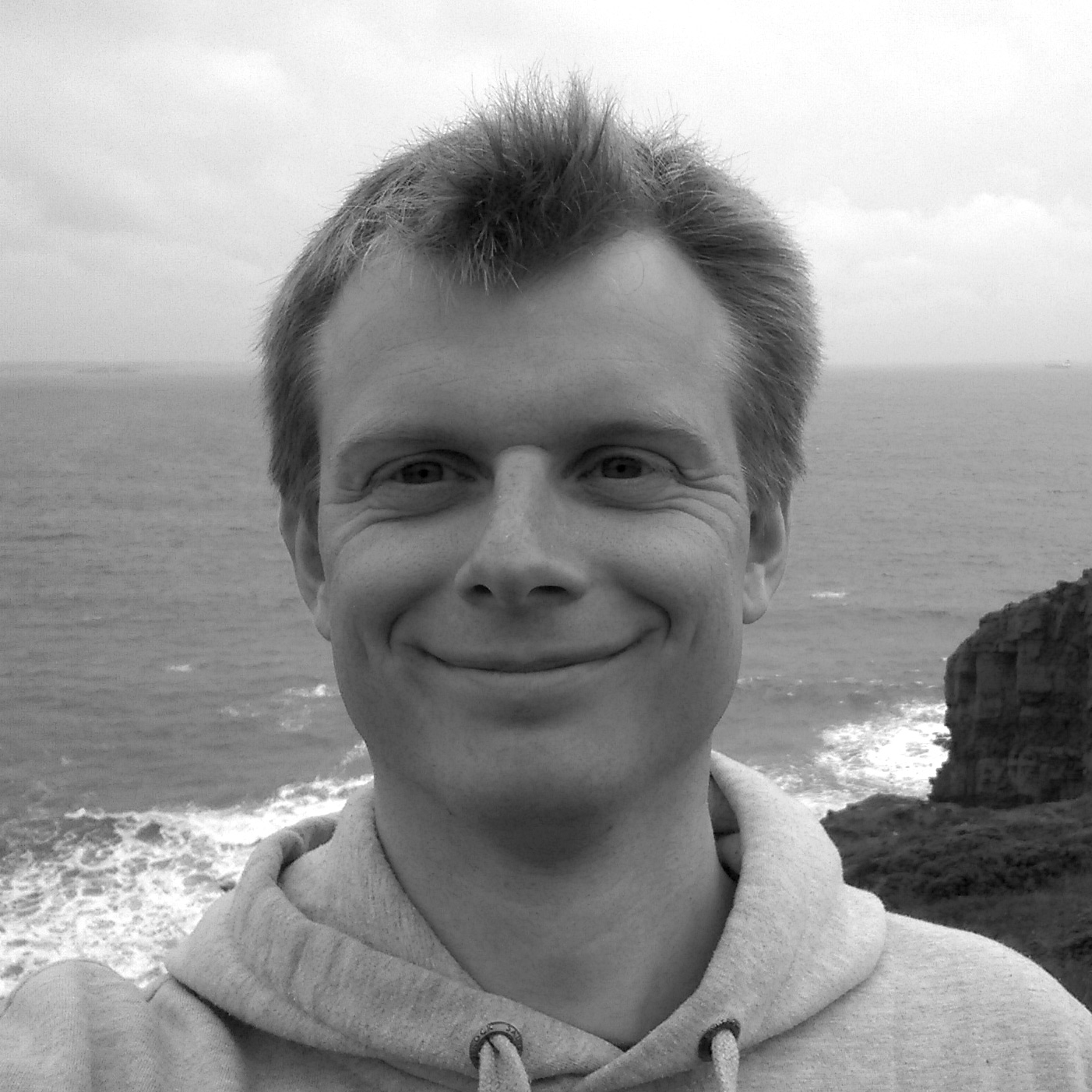
Peter Saxton
Elixir developer (Pay with Curl)
Message passing for actors and humans with Raxx
08 Nov / 16.25 / Room 3
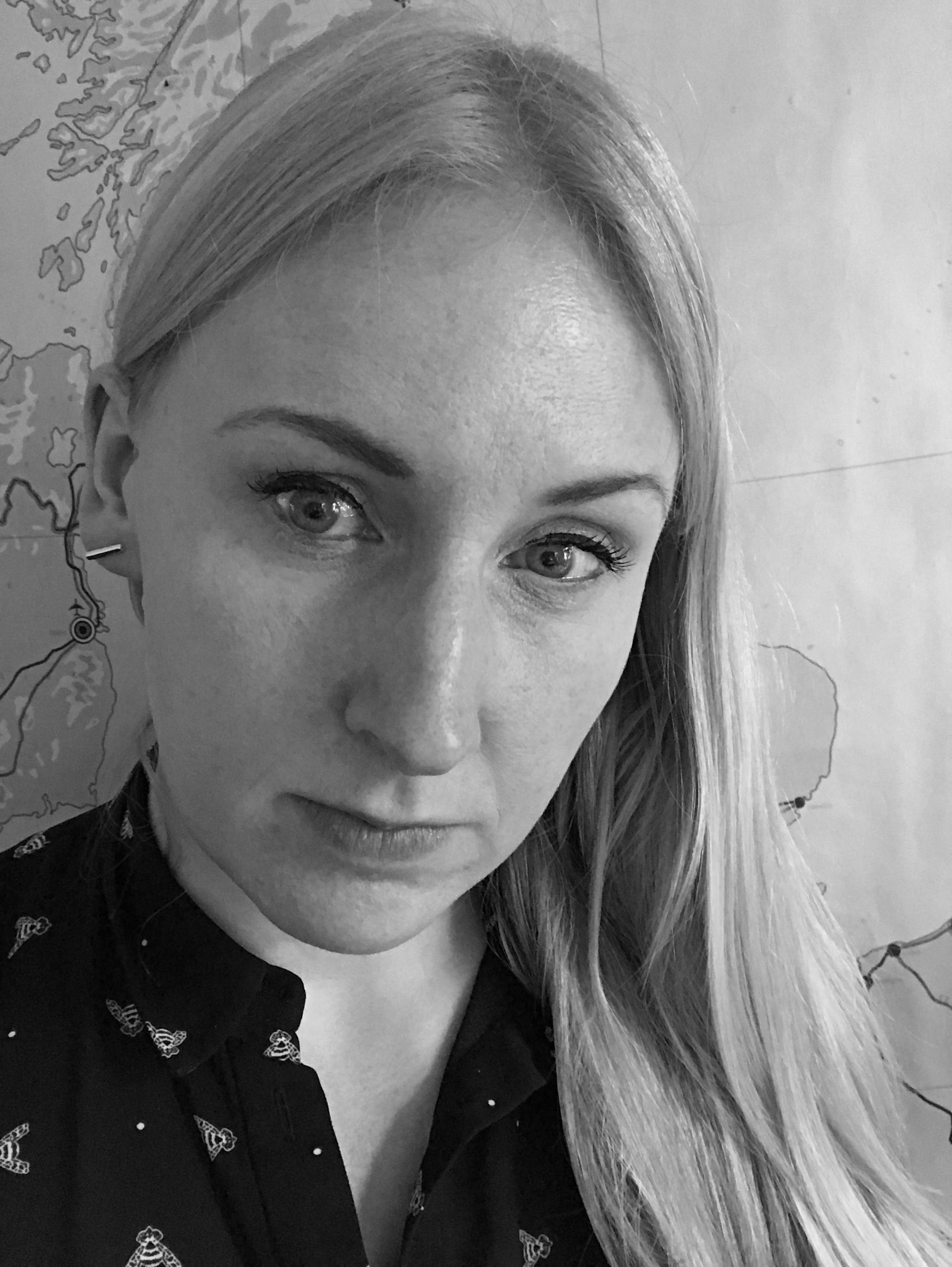
Andrea Dobson
Counseling psychologist/GZ psychologist
Ethics in tech: a psychological perspective
09 Nov / 13.30 / Room 2

Edwin Brady
Creator of the Idris programming language; Lecturer
Idris 2: Type-driven development of Idris
09 Nov / 15.25 / Room 1

Carlos Baquero Moreno
Distributed Systems Professor, Co-creator of CRDTs
CRDTs: From sequential to concurrent executions
08 Nov / 10.35 / Room 3
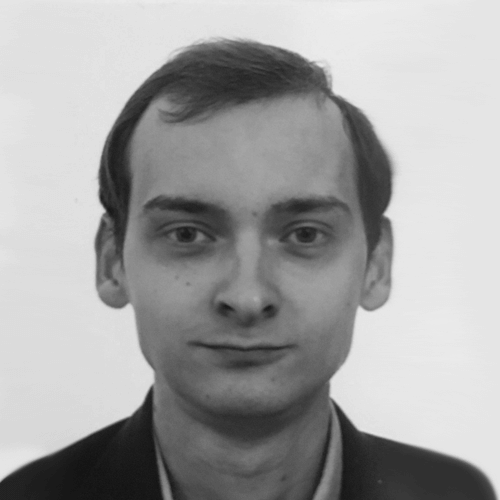
Teon Banek
Senior software engineer at Memgraph Ltd.
Life of a distributed graph database query
09 Nov / 10.30 / Room 3

Tom Harding
Lead Engineer (PureScript/Haskell)
PureScript spirographs (INTERMEDIATE)
08 Nov / 16.25 / Room 2
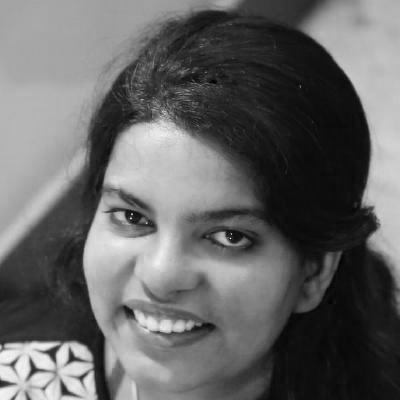
Jyothsna Patnam
Co-founder of TypeLead and co-author of Eta
Eta: The rise of pure FP on the JVM
09 Nov / 16.15 / Room 1

Ron Pressler
Veteran programmer, leader of OpenJDK's Project Loom
Finite of sense and infinite of thought: A history of computation, logic and algebra
09 Nov / 16.15 / Room 2
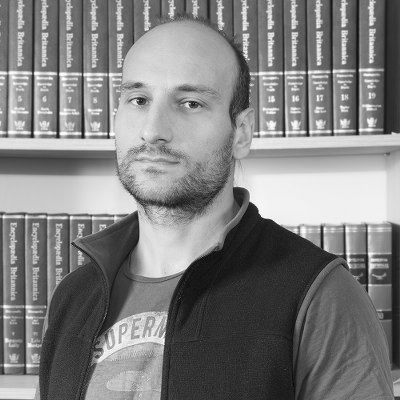
Dragan Djuric
Clojure + CUDA + OpenCL infrastructure; Bayesian GPU software
Interactive GPU programming with ClojureCUDA and ClojureCL
08 Nov / 11.25 / Room 2

Duncan Coutts
Founding Partner at Well-Typed LLP
Building a Billion Dollar cryptocurrency with Haskell
09 Nov / 14.20 / Room 3

Yan Cui
Principal Engineer (DAZN)
Applying principles of chaos engineering to serverless
09 Nov / 16.15 / Room 3
Schedule
Day 1 - 08 Nov 2018
Time |
Room 1 |
Room 2 |
Room 3 |
|---|---|---|---|
|
08.00 - 09.00 |
REGISTRATION |
||
|
09.00 - 09.15 |
WELCOME |
||
|
09.15 - 10.15 |
Keynote: Room 1 Ultraconcurrency is the future of programming
|
||
|
10.15 - 10.35 |
COFFEE BREAK |
||
|
10.35 - 11.20 |
Room 1 Secure isolation in Rust: hypervisors, containers, and the future of composable infrastructure Intermediate |
Room 2 Adding kind-polymorphism to the Scala programming language Intermediate |
Room 3 CRDTs: From sequential to concurrent executions Intermediate |
|
11.25 - 12.10 |
Room 1 Programmation en Logique (BEGINNER) Beginner |
Room 2 Interactive GPU programming with ClojureCUDA and ClojureCL Intermediate |
Room 3 Verifying a distributed system with combinatorial topology Formal verification of distributed systems is hard and expensive. Modern systems rely on tools like observability, extensive testing, and more recenty, chaos engineering. Understanding the maths behind distributed computing, and being able to express systems in terms of algebraic topology and graph theory brings a new possibility of formal verification and a new approach towards solving complex problems and their interconnections. Intermediate |
|
12.10 - 13.40 |
LUNCH |
||
|
13.40 - 14.25 |
Room 1 F# code I love Beginner |
Room 2 Coroutines explained Coroutines have received quite a bit of attention recently from language designers with async/await in JavaScript 2017, Python 3.5 new syntax and Kotlin 1.1 coroutines support. Yet there seems to be a lot of confusion about why coroutines exist and how to use them. This session explains what coroutines are, how they differ between programming languages and how to use coroutines for fun and profit. Intermediate |
Room 3 Introduction to AI engineering Intermediate |
|
14.30 - 15.15 |
Room 1 Co-operative robots sharing the load Advanced |
Room 2 Parsing safely, from 500MB/S to 2GB/s Intermediate |
Room 3 Understanding gossip protocols Beginner |
|
15.15 - 15.35 |
COFFEE BREAK |
||
|
15.35 - 16.20 |
Room 1 Using Erlang in blockchain development Beginner |
Room 2 Towards specifications of robustness -- the things that programs do _not_ do Beginner |
Arnaud Bailly and Yann Schwartz Room 3 One Log Intermediate |
|
16.25 - 17.10 |
Room 1 Towards language support for distributed systems Intermediate |
Room 2 PureScript spirographs (INTERMEDIATE) Intermediate |
Room 3 Message passing for actors and humans with Raxx Intermediate |
|
17.15 - 17.20 |
CLOSING NOTES |
||
|
17.20 - 22.00 |
#OpenErlang London Party |
Day 2 - 09 Nov 2018
Time |
Room 1 |
Room 2 |
Room 3 |
|---|---|---|---|
|
09.00 - 09.10 |
WELCOME |
||
|
09.10 - 10.10 |
Keynote: Room 2 From quadcopters to helicopters: formal verification for safer vehicles
|
||
|
10.10 - 10.30 |
COFFEE BREAK |
||
|
10.30 - 11.15 |
Room 1 The life, times, and thinking of Dr. Claude Shannon, the founder of information theory
|
Room 2 Property based tests for the masses Use property based tests to challenge your knowledge of the domain, to create smaller, fewer tests that: test more, are more readable & document the problem. Use them even (specially) in horrible eldritch codebases written in awful languages, use property based tests to ask questions to your codebase. OBJECTIVES Get people to try property based tests in their own codebase monday within 20 minutes Beginner |
Room 3 Life of a distributed graph database query Intermediate |
|
11.20 - 12.05 |
Room 1 Do calculating machines like drawing? And if so, why? Considerations from media archaeology
|
Room 2 Abstract nonsense Generative art programming requires many computations, such as random number generation and image output. What if we applied category theory to model a declarative, purely functional way of programming artworks? In other words, what if we could generate abstract nonsense with abstract nonsense? Intermediate |
Room 3 Implementing Raft in RabbitMQ Intermediate |
|
12.05 - 13.30 |
LUNCH |
||
|
13.30 - 14.15 |
Joe Armstrong and Jeremy Ruston Room 1 Intertwingling the Tiddlywiki with Erlang Ted Nelson, who coined the term "Hypertext" also coined the lesser known word "Intertwingled" - this captures the idea that all there is, is knowledge which is tangled up and linked together in a myriad of complex ways. Beginner |
Room 2 Ethics in tech: a psychological perspective Why do people behave unethically and what can we do about it? Andrea will do a deep dive into social psychology research on behaviour, ethics and company culture. What are the anti-patterns we should all avoid? Most of the knowledge we have on Conformity and Obedience today come from Psychological experiments done in the 1950s and 1960 What do they mean in today’s society and what impact are they having on the choices we make? And are there things we can do about this?
|
Room 3 Breaking changes Intermediate |
|
14.20 - 15.05 |
Room 1 Designing distributed systems with TLA+ Intermediate |
Room 2 A PostScript to Functional Geometry
|
Room 3 Building a Billion Dollar cryptocurrency with Haskell Intermediate |
|
15.05 - 15.25 |
COFFEE BREAK |
||
|
15.25 - 16.10 |
Room 1 Idris 2: Type-driven development of Idris Intermediate |
Room 2 Infosec, AI and ethics – new models for a secure future
|
Room 3 Scaling Erlang cluster to 10,000 nodes Scaling Erlang Cluster Advanced |
|
16.15 - 17.00 |
Room 1 Eta: The rise of pure FP on the JVM Pure functional programming has been around for more than 30 years and the benefits are widely known. Yet, it’s industrial adoption has been scanty. In this talk, Jyothsna will discuss the work being done to address this problem via Eta. Intermediate |
Room 2 Finite of sense and infinite of thought: A history of computation, logic and algebra
|
Room 3 Applying principles of chaos engineering to serverless Intermediate |
|
17.05 - 18.05 |
Keynote: Room 1 Ethics and AI: Identifying and preventing bias in predictive models
|
||
|
18.05 - 18.15 |
CLOSING NOTES |
||
|
18.15 - 19.15 |
LEAVING DRINKS |
TUTORIALS
VENUE
ILEC CONFERENCE CENTRE
47 LILLIE RD, FULHAM
LONDON SW6 1UD
UNITED KINGDOM
OUR SPONSORS
Code Sync and Erlang Solutions uses cookies to personalise your experience. By using this site you consent to the use of cookies Cookie Policy




